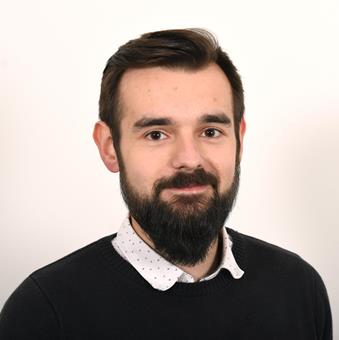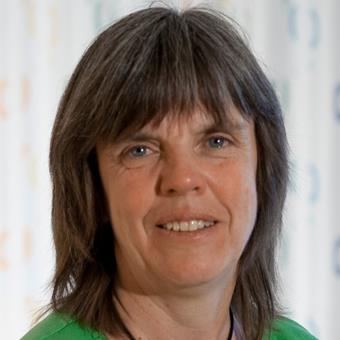Background for project
Climate change and other global changes have led to an increasing focus in Europe on renewable energy and fertilisers supply. Anaerobic digestion of biomass can contribute to both, delivering biomethane and digestate as biofertiliser/soil improver. In this project, we will bring together existing biogas systems competence in Sweden, Ukraine and Poland to suggest ways forward for a more rapid and efficient use of available local residues in biogas plants. Using experiences from the Biogas Solutions Research Center (BSRC), LiU, we plan to build a strong network using interactive workshops, presentations, and study visits.
Our goals
This project's main outcome is to develop an active research and business network to contribute to strengthening the economic and environmental safety in the Baltic Sea Region. The development of biogas solutions to link the municipal and industrial waste sector with agriculture and the energy provision sectors may contribute to several sustainable development goals. This project can additionally contribute to development of a long-term cooperation in biogas research and practical skills between academia (LiU, Sweden; Poznan University of Life Sciences (PULS), Poland; Sumy State University (SUMDU), Ukraine) and private/public actors in BSRC, Polish Biomethane Organization (PBO), Poland; Bioenergy Association of Ukraine (UABIO), Ukraine.
Academia and business synergy
We focused on the participating countries and found that biogas solutions are very prioritised not only in Sweden, but also in Poland and Ukraine as they are agricultural countries with a huge potential for expansion of biogas production. Such an expansion will also contribute to reaching some intermediate goals in terms of renewable energy sources and biofertilizer production.
We included both academia and the public/private sector (through sector organisations) to be able to achieve the potential outcomes. First, researchers from universities have experience, knowledge and skills to plan, implement and participate in different conferences and workshops resulting in discussions and creation of new knowledge and ideas to boost biogas solutions in the Baltic Sea Region. Second, the academic partners will be able to plan surveys and other ways of document challenges and solutions as they are identified through the partner interactions.
Third, the private sector has an enormous practical experience regarding drivers for biogas production and possible challenges for the implementation of biogas solutions in the three states. We will also approach the public sector to cover a wide set of experiences and knowledge, allowing us to describe challenges and possibilities for boosting biogas solutions, build a strong network and obtain positive results from the planned activities.
Project strategy
During the realisation of the project the following methods will be used: project meetings, practical workshops with challenge-based learning (CBL) methods, study visits to existing biogas plants, participation in conferences, collecting and processing of information and data, discussions among actor groups, e.g. biogas plants, municipalities, farmers. The final report will include updated suggestions for strategy and policy for the biogas sector management at the cross-countries level, and suggested funding possibilities. The overall project strategy includes defining joint similarities and differences regarding challenges and solutions for biogas sector at the national level as input for a joint strategy for the cross-countries level through network and collaboration platform development.




